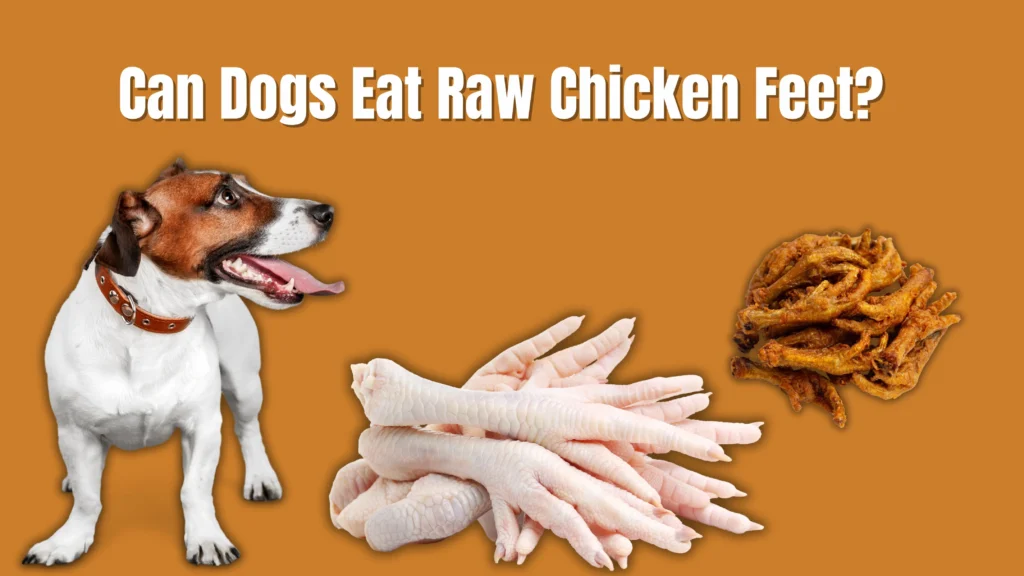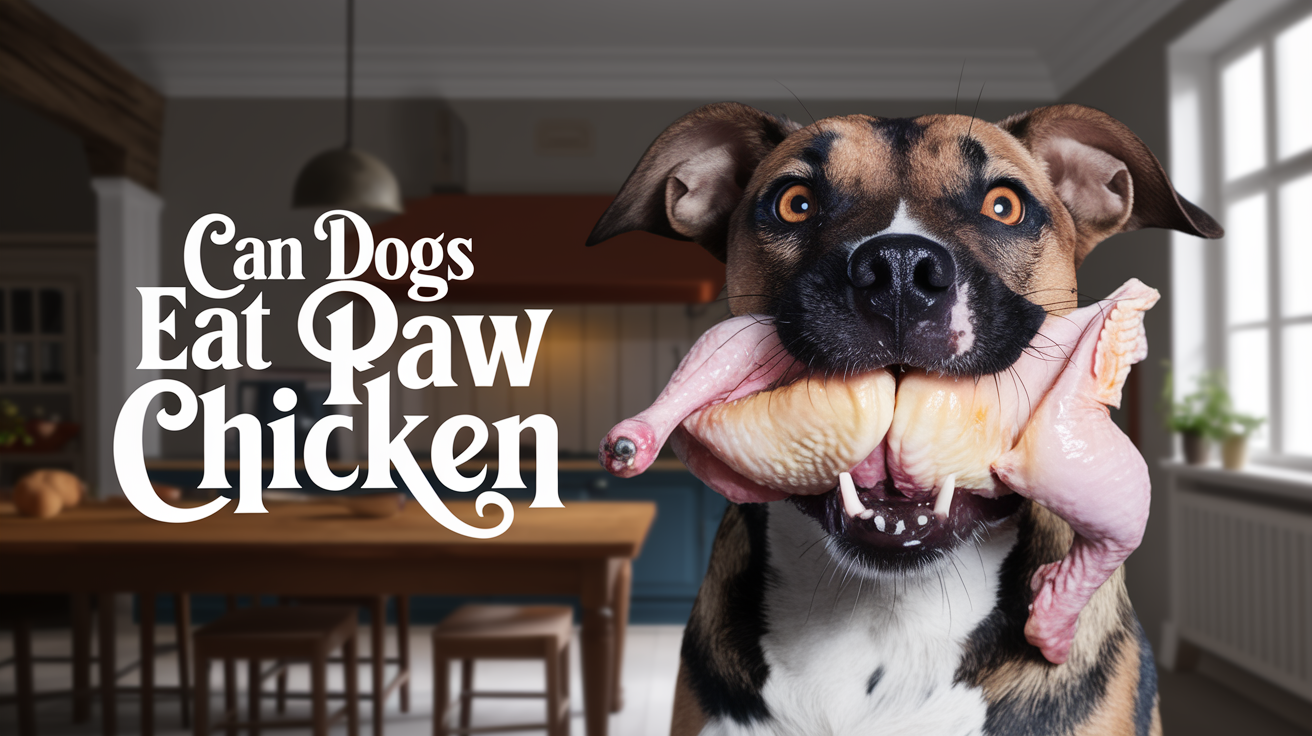Can Dogs Eat Raw Chicken?
Feeding dogs raw chicken offers a natural source of protein and essential nutrients but requires careful handling to avoid bacterial contamination like Salmonella. Can dogs eat raw chicken? Freshness and proper handling are key, so choosing raw food from trusted sources like Nature Menu, which follows strict safety protocols, is advisable. The debate over raw chicken for dogs is complex. While some believe raw meat suits dogs’ evolutionary needs, others highlight risks such as bacterial infection and digestive issues from bones. Consulting a veterinarian is crucial if considering a raw diet to ensure balanced nutrition and safety.
Is Raw Chicken Safe for Dogs?
Healthy dogs can process raw meat, including chicken, due to their highly acidic stomachs and short digestive tracts. To ensure safety, We Feed Raw uses high-pressure processing (HPP) to neutralize potential pathogens in their raw chicken patties.
Despite these measures, feeding raw chicken remains controversial. Many veterinarians warn of risks such as infections, digestive issues, and nutritional imbalances. Consulting a vet and following proper hygiene practices are crucial if considering a raw diet for your dog.
Is Raw Chicken Good for Dogs?
Raw chicken can be a valuable part of your dog’s diet when fed in moderation. It provides high-quality protein and important nutrients like niacin and phosphorus. However, it should not be the only protein source to ensure a balanced diet and prevent meal monotony.
Although raw chicken offers benefits, such as being rich in protein and lacking carbohydrates, it’s essential to include a variety of proteins in your dog’s diet. For a well-rounded diet, consult with a veterinarian or nutrition specialist to avoid risks and ensure nutritional completeness.

Can Dogs Eat Raw Chicken Breast?
Raw chicken breast is a healthy, low-fat protein for dogs but should not be the only food in their diet. It is essential to ensure the chicken is fresh and properly prepared to avoid health risks.
Cross-contamination risks are low but increase with DIY raw food preparation. For safety and convenience, consider ready-made, balanced options like Nature’s Menu. If your dog shows signs of infection such as diarrhea, consult a vet for diagnosis and treatment.
Can Dogs Eat Raw Chicken Skin?
Dogs can eat small amounts of raw chicken skin as an occasional treat, but it should not be a regular part of their diet due to its fat content. Though dogs may enjoy it, chicken skin can lead to digestive issues like pancreatitis, which can be dangerous if left untreated.
Additionally, chicken skin may contain harmful seasonings or spices, adding to the health risks. To avoid potential problems, it’s best to limit or eliminate chicken skin from your dog’s meals and stick to healthier, low-fat alternatives.
Is Raw Chicken Bad for Dogs?
Raw chicken can pose infectious risks for both humans and dogs due to harmful bacteria, placing it in the “not good for dogs” category. Although healthy dogs are biologically equipped to handle raw chicken, the potential for dangerous bacterial contamination makes it a risky choice for their diet.
Questions often arise about whether raw chicken, bones, or even raw eggs are safe for dogs. While some advocate for raw feeding, citing dogs’ ability to digest raw meat, it’s crucial to understand the risks. Proper preparation and caution are key when considering raw food for your dog.

Can Dogs Eat Raw Chicken Feet?
Chicken bones, especially cooked ones, can splinter and harm dogs, but chicken feet are different. Made mostly of cartilage, they are easily digested and safe for most dogs. They also offer benefits like joint and dental health.
Raw or dehydrated chicken feet can be a nutritious treat for dogs. Supervision is advised for puppies or first-time eaters. Properly prepared, they are a healthy and safe option for dogs of all sizes.
Can Dogs Eat Raw Chicken Necks?
Research from the University of Melbourne has linked feeding raw chicken to a rare nerve disorder in dogs called (APN), similar to Guillain-Barre Syndrome in humans. This condition can be triggered by the bacteria campylobacter found in undercooked or raw chicken. Symptoms often begin with hind limb weakness and can progress to paralysis, making recovery lengthy and challenging.
Given this risk, veterinarians recommend avoiding raw chicken, particularly raw chicken necks. Cooked boneless chicken is considered a safer alternative for dogs.







